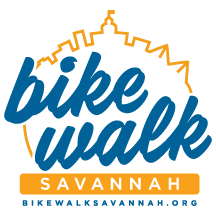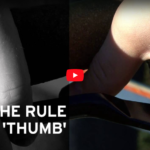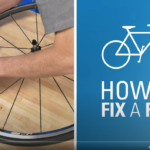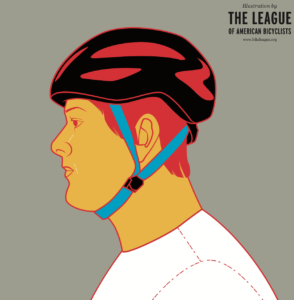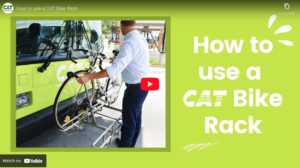
A bike helmet that fits you properly will feel better — and do its job in case of a crash. But how do you select the right size bike helmet?
To find your bike helmet size, measure the circumference of your head using a cloth tape measure or a piece of string and a ruler. Be sure to measure horizontally across your brow and over your ears. Most helmets come with a size guide (or you can find one online), so make sure to measure your head before you go to save some time!
You also want to look for a helmet that matches your style of riding. Road bike helmets are designed to be lightweight, well ventilated and aerodynamic. Mountain bike helmets often offer extended rear head coverage to account for collisions with objects on off-road trails. If you’re an everyday commuter or recreational rider, look for helmets that are well-ventilated with an adjustable tightening wheel and visor to help shield some sun.
Get the right fit
Put your helmet level on your head (not tilted back) with the front edge two fingers above your eyebrows. This helps protect your forehead.
If your helmet has one, tighten the rear adjustment dial until the helmet no longer wobbles or slips. It’s important to have your helmet properly positioned before tightening it.
Next buckle the chin strap. The straps should join right under your ear to form a “V”. Adjust the straps around both ears so they are not twisted and it’s comfortable. You can use your pointer and middle fingers to form a “V” around your ears to figure out the best position — snug but not too tight. Put those same two fingers together and put them between the strap and your chin. There should be enough room for two fingers. Any tighter and you may have trouble breathing, talking or drinking water while riding, any looser and your helmet can easily be knocked to the side.
A helmet that fits correctly should be comfortable and will not move forward (obscuring your vision) or backward (exposing your forehead.) A comfortable helmet is a helmet that you’ll actually wear!
Learn more tips on our Resources Page.
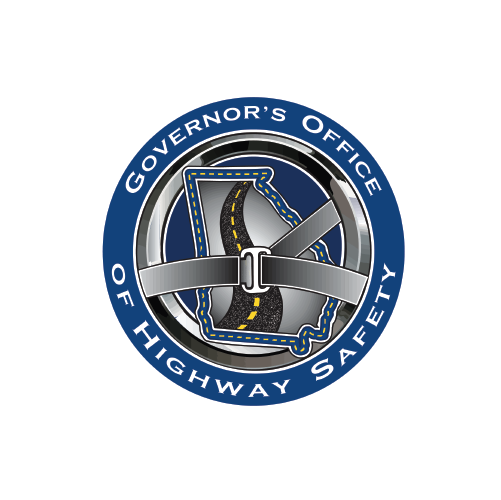
This blog post is produced thanks to support from the Governor’s Office of Highway Safety.
